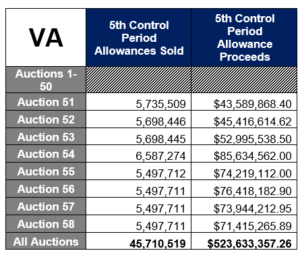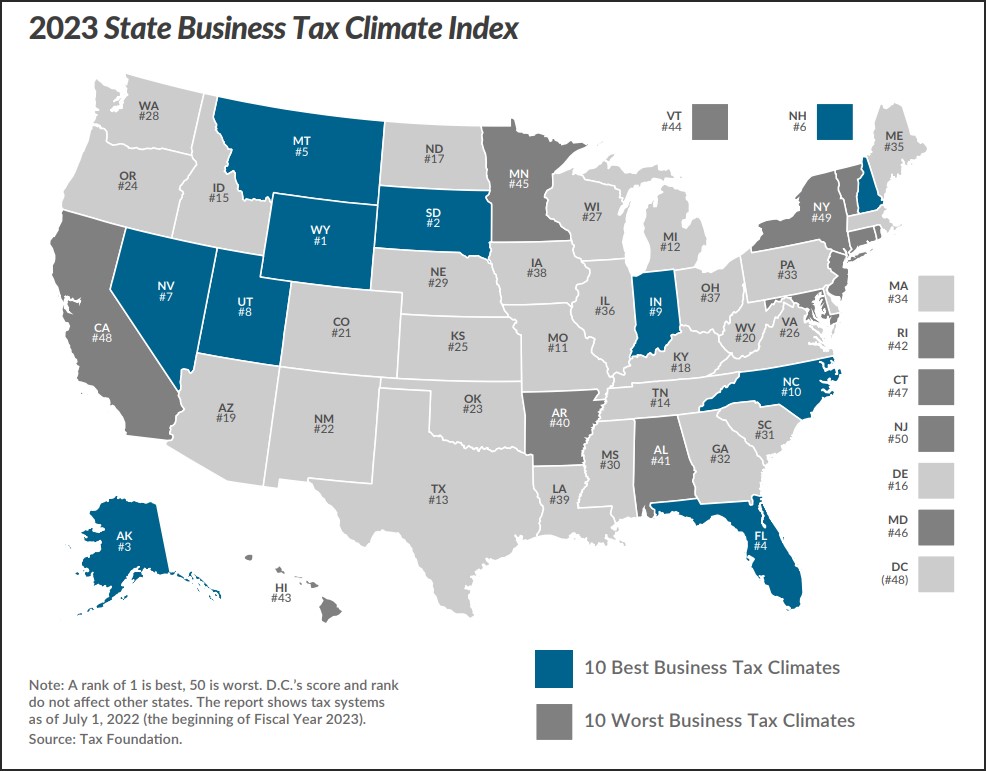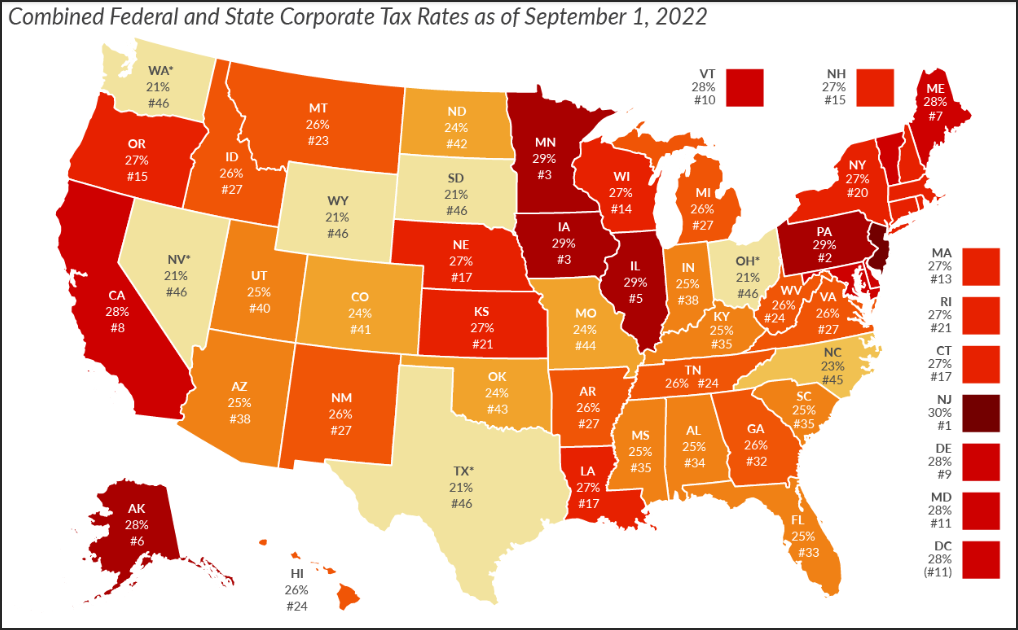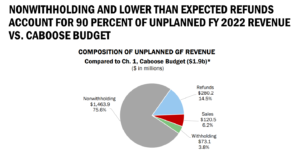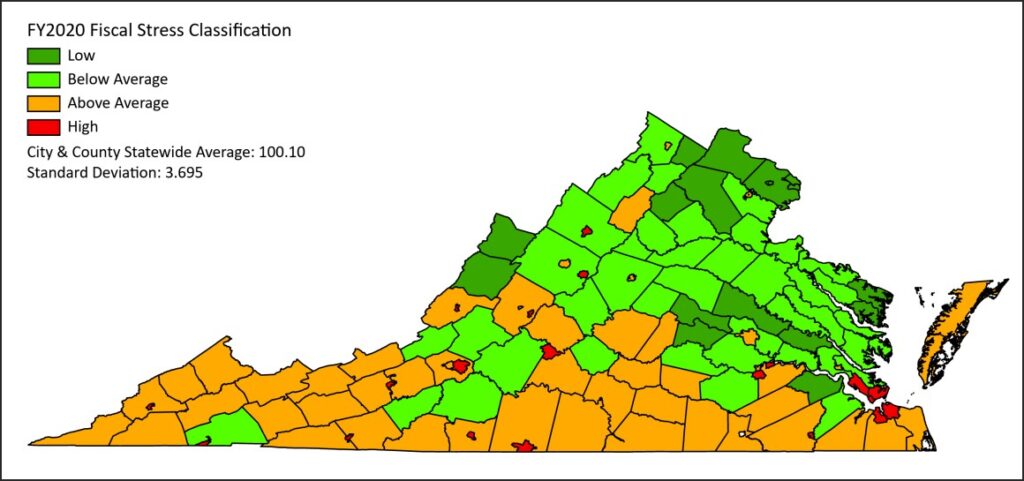by Chris Saxman
I wish the headline of today’s column was just click bait. It originates from a headline that was pushed across my phone that read “Will McDonald’s be leaving California?”
That immediately made me think that McDonald’s corporate offices might be considering moving their headquarters from California to another state. Given the exodus of companies that have left the Golden State it would be just another news story about another company leaving California.
Quickly remembering that McDonald’s was based in Chicago, not California, I clicked on the article. The president of McDonald’s USA, John Erlinger, had written an open letter dated January 25th in which he lamented the legislative and regulatory reality of California:
Last fall, the legislature passed a bill – AB257, or the FAST Act – almost entirely at the behest of organized labor’s firm grip on many of the state’s lawmakers. It makes it all but impossible to run small business restaurants, but the impacts are far beyond that. Under the FAST Act, an unelected council of political insiders, not local business owners and their teams, would make big decisions about crucial elements of running a business, fracturing the economy in the process. [Emphasis added.]

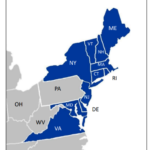
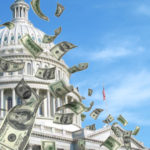
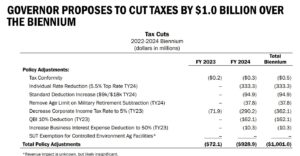
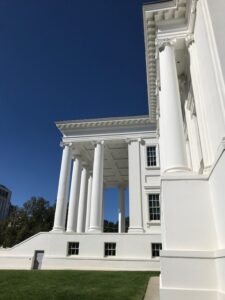 by Barbara Hollingsworth
by Barbara Hollingsworth